
What is Public Policy, And Why Is It Important To You?
Public policy refers to the set of principles, guidelines, decisions, and actions adopted and implemented by governments or other authoritative bodies to address specific issues or achieve particular goals within a society. It encompasses a wide range of areas, including social, economic, environmental, and political aspects.
Understanding public policy is important for several reasons. Public policy affects the lives of citizens on a daily basis. Being informed about policies enables individuals to make educated decisions about who to vote for, what causes to support, and how to engage in the democratic process effectively. When citizens understand public policies, they can hold elected officials accountable for their decisions. This knowledge allows voters to evaluate whether politicians are fulfilling their promises and working in the best interests of the public.
Public policies have a significant impact on the social and economic well-being of a society. Policies related to healthcare, education, the environment, and the economy shape the quality of life for individuals and communities. Understanding these policies can help citizens advocate for changes that benefit them and society as a whole. Public policy often addresses complex issues such as poverty, inequality, and environmental sustainability. Understanding these policies is essential for identifying and implementing effective solutions to these challenges. Public policies also determine how resources, such as tax revenue, are allocated. Understanding these policies can help individuals and organizations navigate government programs, access funding, and advocate for equitable resource distribution.
While the idea of public policy may be complex or new, understanding public policy is essential for informed citizenship, holding officials accountable, promoting social and economic well-being, solving complex problems, allocating resources, and actively participating in the democratic process. It empowers individuals and communities to shape the policies that impact their lives and society as a whole.
Supreme Court Ruling Could Reshape Canada’s Energy Landscape
In a groundbreaking decision last month, the Supreme Court of Canada dealt a significant blow to large portions of the federal government’s impact assessment law, potentially heralding a new era for energy development in the country. According to Lisa Baiton, CEO of the Canadian Association of Petroleum Producers (CAPP), this ruling has the potential to reset the policy landscape, providing a more favorable environment for the oil and gas industry. The federal impact assessment law, formerly known as Bill C-69, outlined criteria for assessing the environmental impacts of major projects. However, Baiton argued that the legislation’s broad scope created regulatory uncertainty, deterring companies from investing in projects due to fears of potential disapproval. The Supreme Court’s ruling, declaring the law largely unconstitutional and infringing on provincial jurisdiction, has been broadly welcomed by business groups nationwide. Baiton sees this decision as a game-changer, resetting the policy landscape. While optimistic, CAPP is keenly watching the federal government’s response to the court’s decision. Federal Environment Minister Steven Guilbeault believes the environmental impact legislation can be fixed by rewriting specific sections. He also assured that greenhouse gas emission regulations for oil and gas production would proceed as planned, unaffected by the court decision. Baiton, however, hopes the ruling will make it more challenging for the federal government to override provincial preferences in energy development. One area of contention is the proposed punitive cap on greenhouse gas emissions, which the oil and gas industry argues would limit production growth, falling under provincial jurisdiction, particularly in Alberta. Additionally, concerns linger over the feasibility of meeting the proposed clean electricity regulations, with Alberta asserting they are unattainable within the given timeframe. Alberta Environment Minister Rebecca Shulz, part of the panel discussion, framed Bill C-69 as part of a continuous rollout of barriers by the federal government. She noted the Supreme Court decision aligns with Alberta’s ongoing efforts, including a nationwide ad campaign, to push back against clean electricity regulations, which the province believes will escalate energy prices and strain the electricity grid.
London Economic Development Corporation’s new Campaign: Don’t Tell Toronto
A new recruitment strategy is all the buzz in London right now, created by London Economic Development Corporation- Don’t Tell Toronto. Right now, London Ontario has over 7,000 jobs available to fill, and LEDC is taking active steps to recruit a talented workforce to fill these positions. Have you considered making the move? Let’s look at what London, Ontario has to offer. London boasts numerous opportunities with some of Canada’s best employers. It’s not just a place to work; it’s a place to live and thrive. We’re painting a new picture for London, one that is full of opportunity, improved affordability in comparison to London, and equal job opportunity. Here’s some more numbers is case you have yet to experience everything here.356 Parks: From sprawling expanses to cozy corners, London offers 356 parks to unwind and enjoy nature. City-wide Trail System: Navigate the city with ease through its extensive trail system, perfect for walking, jogging, or cycling. Some more interesting facts about London, with approximately 7 million trees, the city breathes fresh air and provides a lush environment. London boasts a population density of 178.1 persons per square kilometer, a stark contrast to Toronto’s 4,149.5.
Please check out www.donttelltoronto.ca for more info.
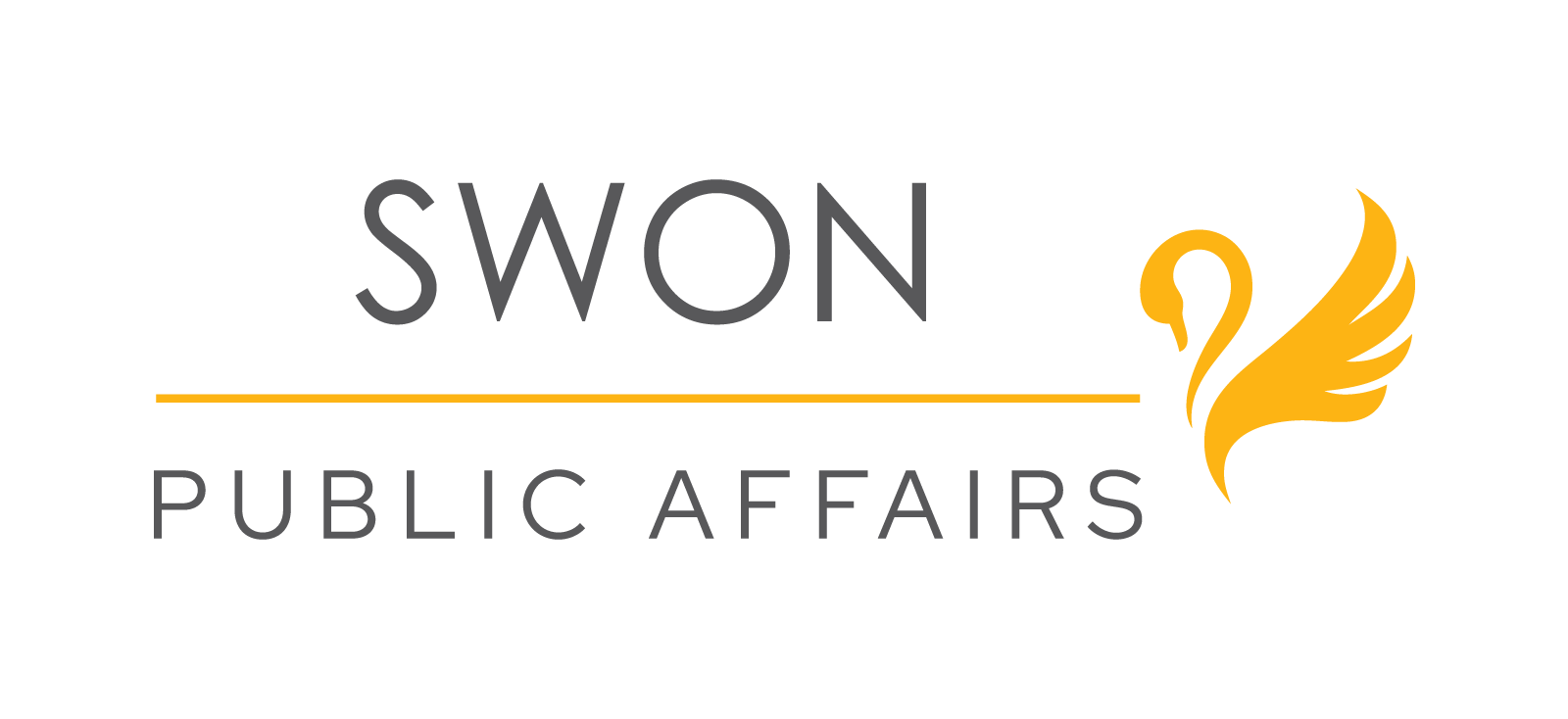


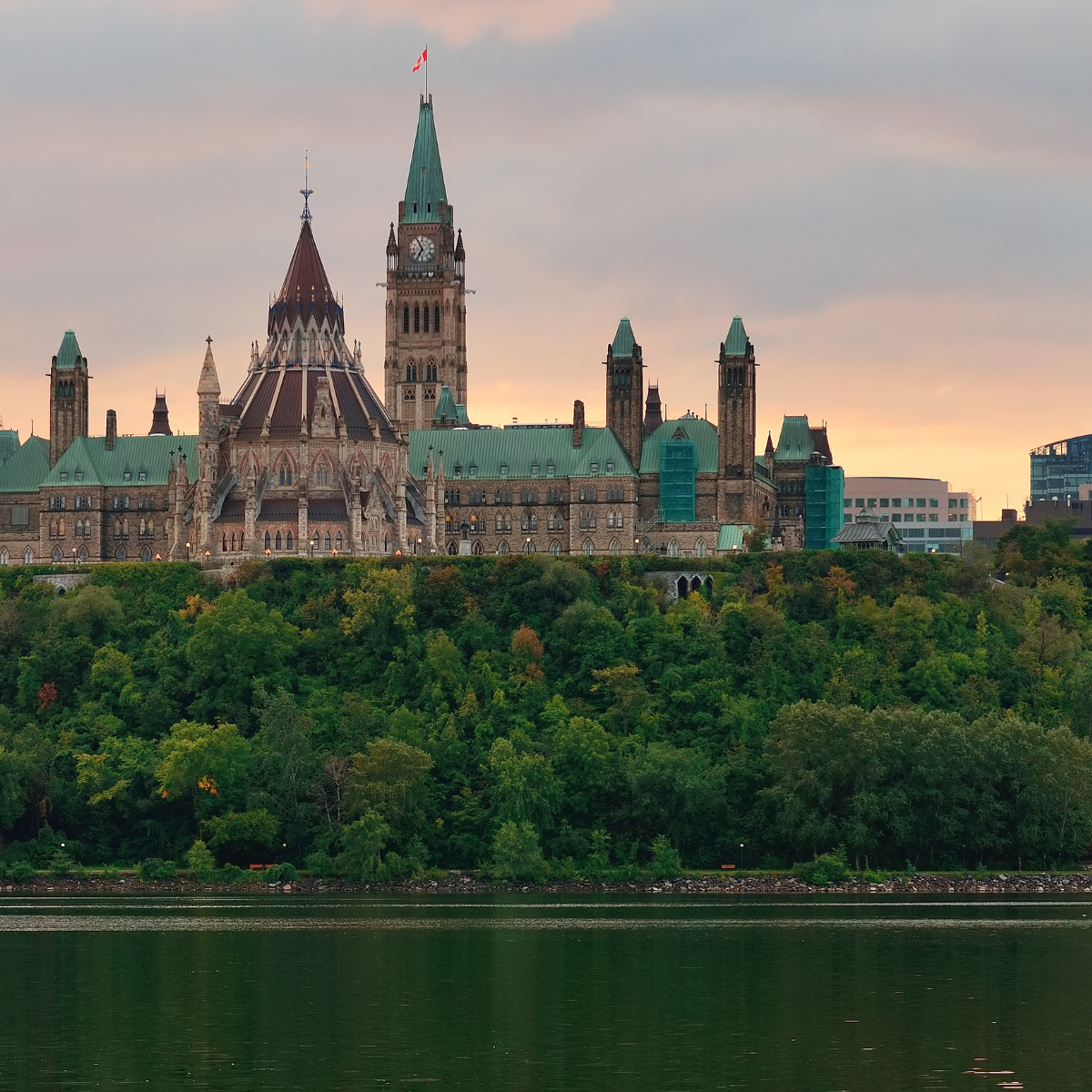


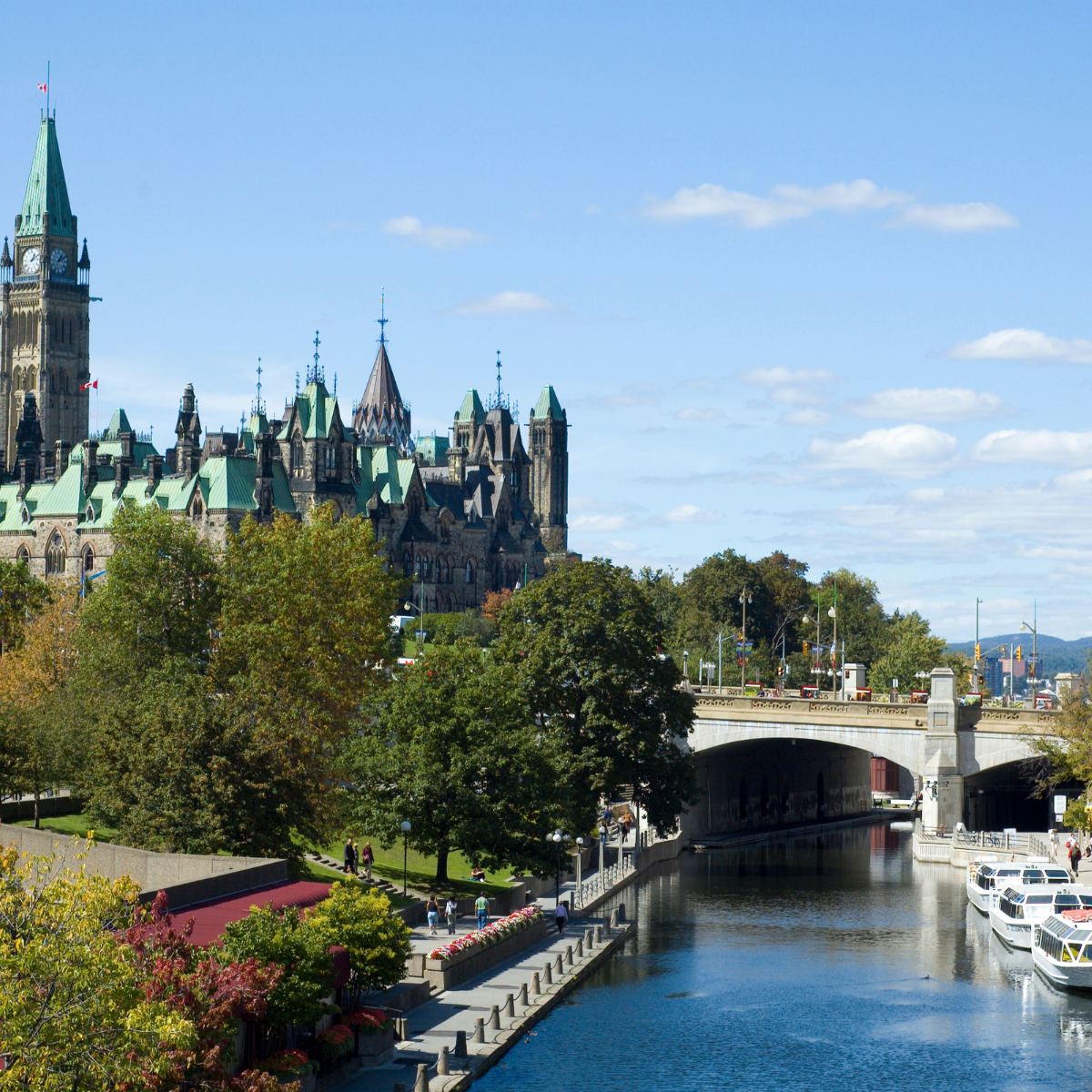
Latest posts